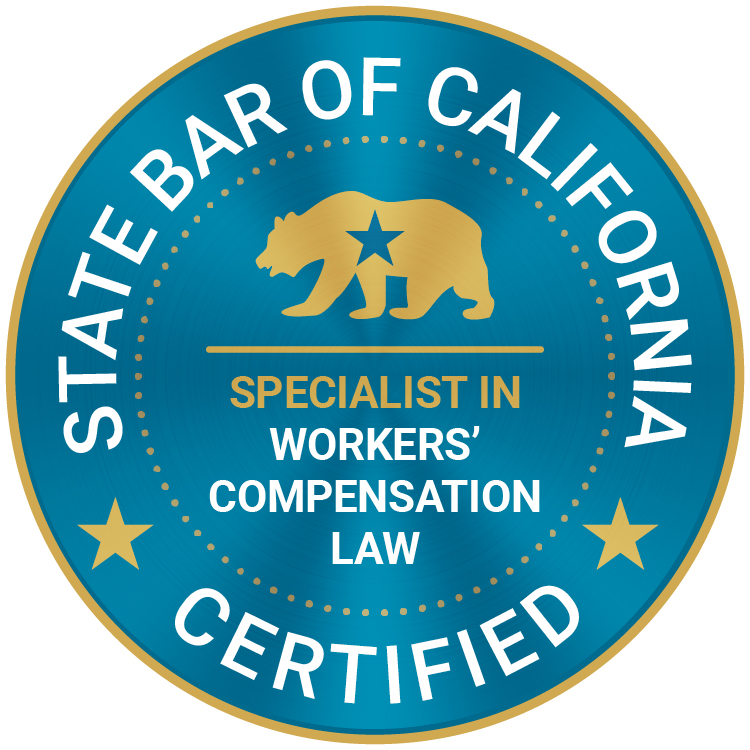Work Comp Injury | Death Claims
Work-Related Death or Illness
If you or someone you know has lost a family member to a work-related injury, work-related illness or an event related to an existing workers' compensation claim, we understand that evaluating the legal rights is the last thing on a family's mind. However, when a family loses someone, the financial adjustment can be overwhelming at a time when a family is already vulnerable.
If a family has surviving dependents such as a child, a spouse, or any person that is dependent on the loved one who passed away, eligibility for workers' compensation death benefits should be addressed. The time limits can be very short, so it's important that action be taken right away.
Proving a Death or Illness is Related to Work
In many cases (especially if the death did happen while "on-the-clock"), proving that the death was a result of work is the major issue.
Often times clients don't even realize that the death was related to work or a work-related illness. In many of these situations, it is a chain of events where people don't even realize the relationship with work to the death of the loved one.
Dependent Type
Eligibility can be impacted by the dependents involved. In California workers' compensation claims, the law evaluates two types of dependents: total dependents and partial dependents.
Total Dependents
The following are situations where total dependency should be evaluated:
- A spouse who has earned less than $30,000 or less in the last 12 months before the death.
- Children under the age of 18.
- Disabled or incompetent individual regardless of the age.
- Person related to the worker by blood, marriage, or adoption who are financially dependent on the decedent.
- A member of household should be evaluated for total dependency.
Total Dependent Benefit
For injuries occurring on or after January 1, 2006, the law provides death benefits paid over time in the same way total temporary disability is paid:
- $250,000 for one total dependent.
- $290,000 for two total dependents.
- $320,000 for three or more total dependents.
- Person related to the worker by blood, marriage, or adoption who are financially dependent on the decedent.
- A member of household should be evaluated for total dependency.
Partial Dependent Benefit
For injuries occurring on or after January 1, 2006, partial dependents will ONLY get death benefits if there are no total dependents or one total dependent.
If there is one total dependent, the total dependent will get the full amount ($250,000), and partial dependent will get four times the amount that they received in support from the worker in one year but no more than $290,000.
If there are no total dependents, partial dependent will get eight times the amount that they received in support from the worker in one year, but no more than $250,000.
Burial Expense Benefit
In addition to death benefits there are burial expense benefits. For injuries occurring before January 1, 2013, burial expenses were paid up to $5,000. For injuries on or after January 1, 2013, the maximum burial benefit amount is paid up to $10,000.
Total Dependents & Cost of Living Considerations
After the Total Dependent amounts have been paid (see section "Total Dependent Benefit" above), any children under the age of 18 will continue to receive weekly death benefits. This weekly benefit is split evenly among all of the workers' minor children until each turns 18. And when the last child turns 18, then the weekly benefit will no longer be paid.
If a child or other dependent in the household is physically or mentally incapacitated and isn't capable of making a living, then those dependents get benefits for life subject to cost of living adjustments.
Safety Personnel
If the decedent was a safety employee, you may have additional death benefits beyond the normal rules that apply to most workers' compensation cases. In addition, the retirement system (such as CalPERS) may have additional benefits.


